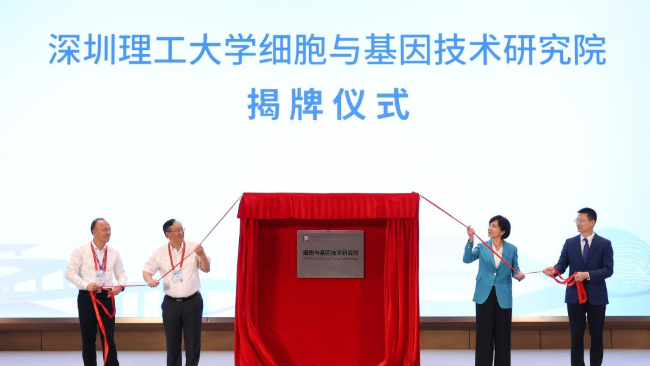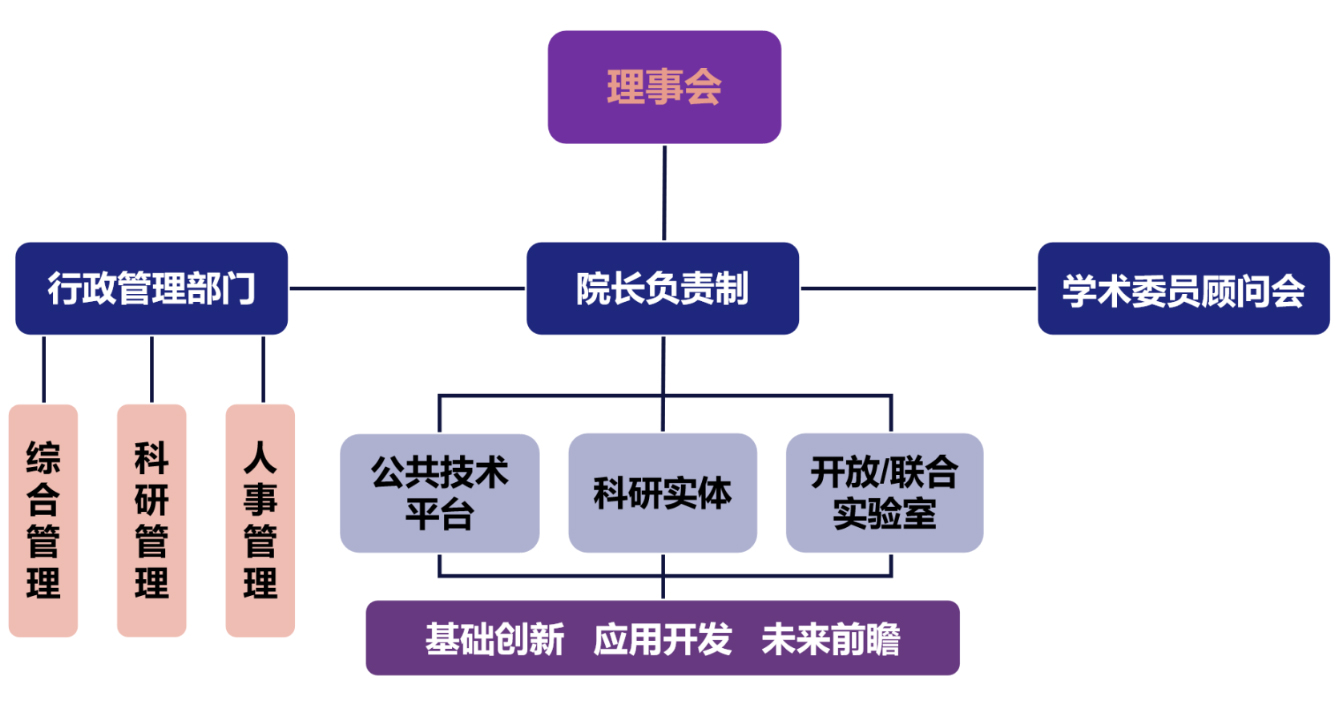The Institute of Cell and Gene Technology Established
On September 14, 2024, theInstitute of Cell and Gene Technology(hereinafter referred to as the "Institute") was established, with Kang Le, an academician of the Chinese Academy of Sciences, serving as its president.
The core objectives of the Institute are centered on the innovation of cell and gene technologies, industrial application, and enterprise incubation. It is committed to building an innovative and shared R&D platform and transformation center, developing a full-process scientific and technological innovation center, constructing an industrial ecological chain, promoting the rapid and orderly development of the cell and gene industry, and seizing the commanding heights in technology R&D and transformation.
As a key base for cultivating interdisciplinary and compound talents, the Institute also represents a crucial layout for Shenzhen Technology University to practice the development concept of "integration of industry and education, integration of science and education" and the "tri-institute integration" construction.

The Institute will consist of three major parts: research units, public technology platforms, and open laboratories. Among them, the research units are divided into three segments:
Basic Innovation Segment: Comprising the Center for Cell Differentiation and Fate Regulation, the Center for Gene Expression Regulation and Editing, etc., it focuses on basic research and technological breakthroughs related to cells and genes.
Application Development Segment: As the largest segment, it includes the Center for Cell Therapy Research, the Center for Gene Therapy Research, etc., and conducts the development, application, demonstration, and industrialization of key technologies.
Future Prospective Segment: Composed of the Frontiers Interdisciplinary Technology Research Center, etc., it develops cutting-edge key technologies to serve the cell and gene industry in Shenzhen and across China.
The establishment of the Institute will bring new development opportunities to the field of cell and gene technologies and contribute to scientific and technological innovation and industrial upgrading.
Researchers and technical talents specializing in (but not limited to) fields such as cell biology, gene editing, stem cells, immunology, chemical biology, entomology and biopesticides, computational biology, and various omics are warmly welcome to join.


 CN
CN





